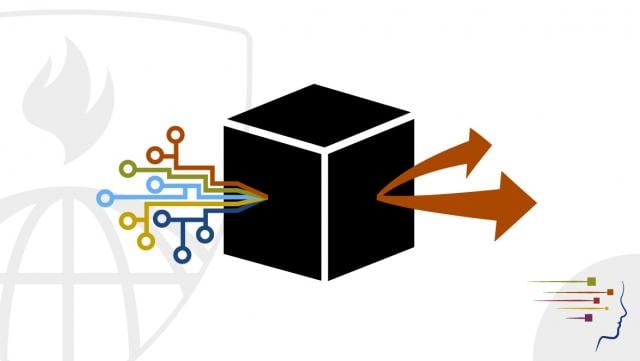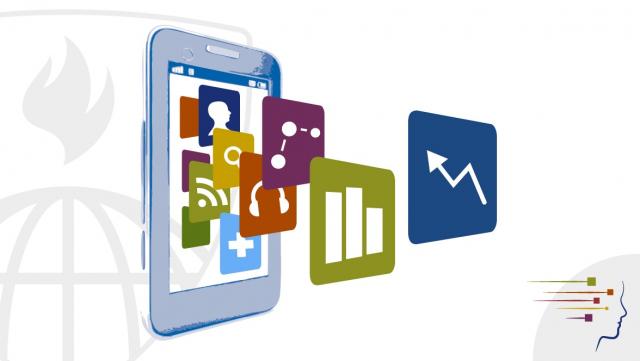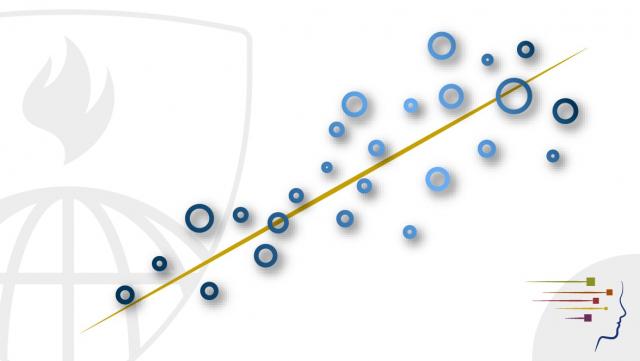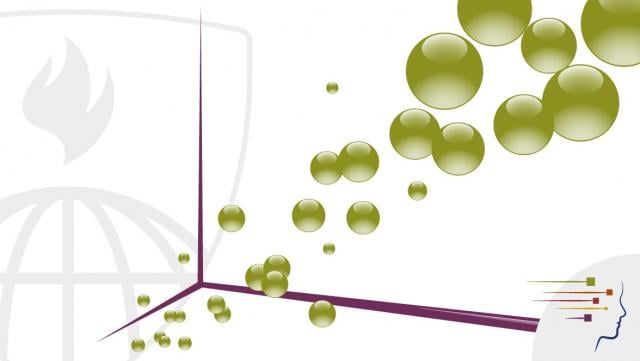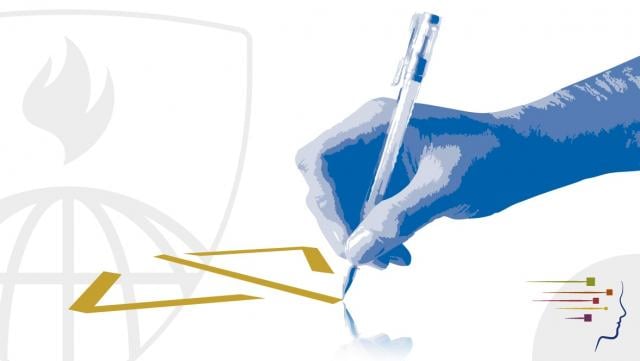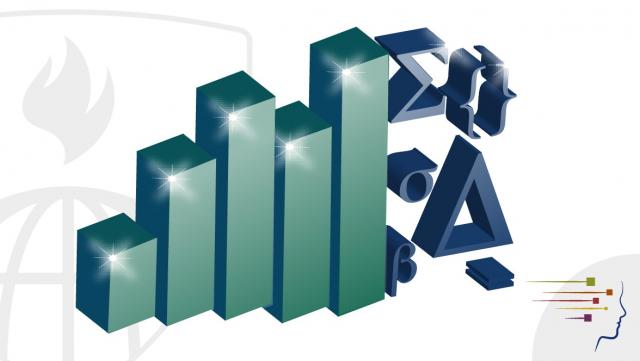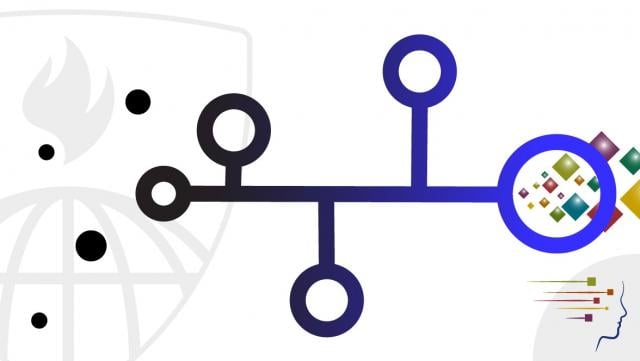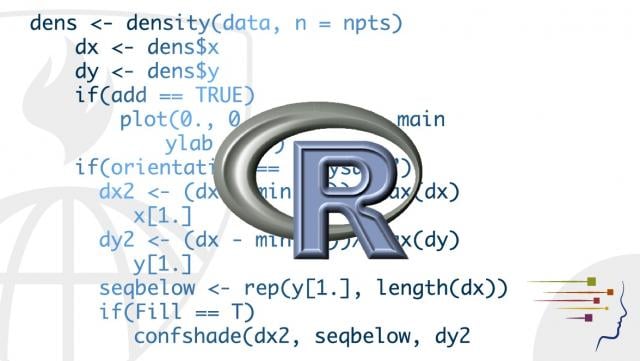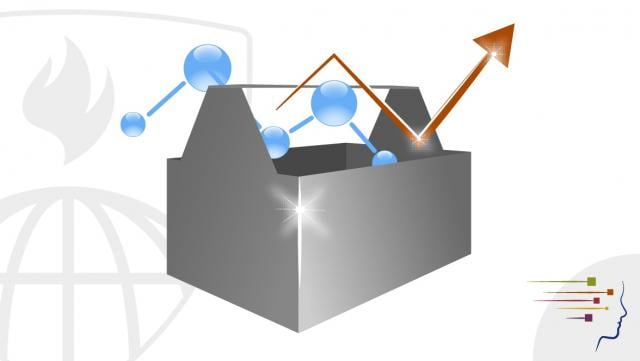Data Science Specialization
Ask the right questions, manipulate data sets, and create visualizations to communicate results.
This Specialization covers the concepts and tools you'll need throughout the entire data science pipeline, from asking the right kinds of questions to making inferences and publishing results. In the final Capstone Project, you’ll apply the skills learned by building a data product using real-world data. At completion, students will have a portfolio demonstrating their mastery of the material.
WHAT YOU WILL LEARN
- Use R to clean, analyze, and visualize data.
- Navigate the entire data science pipeline from data acquisition to publication.
- Use GitHub to manage data science projects.
- Perform regression analysis, least squares and inference using regression models.

